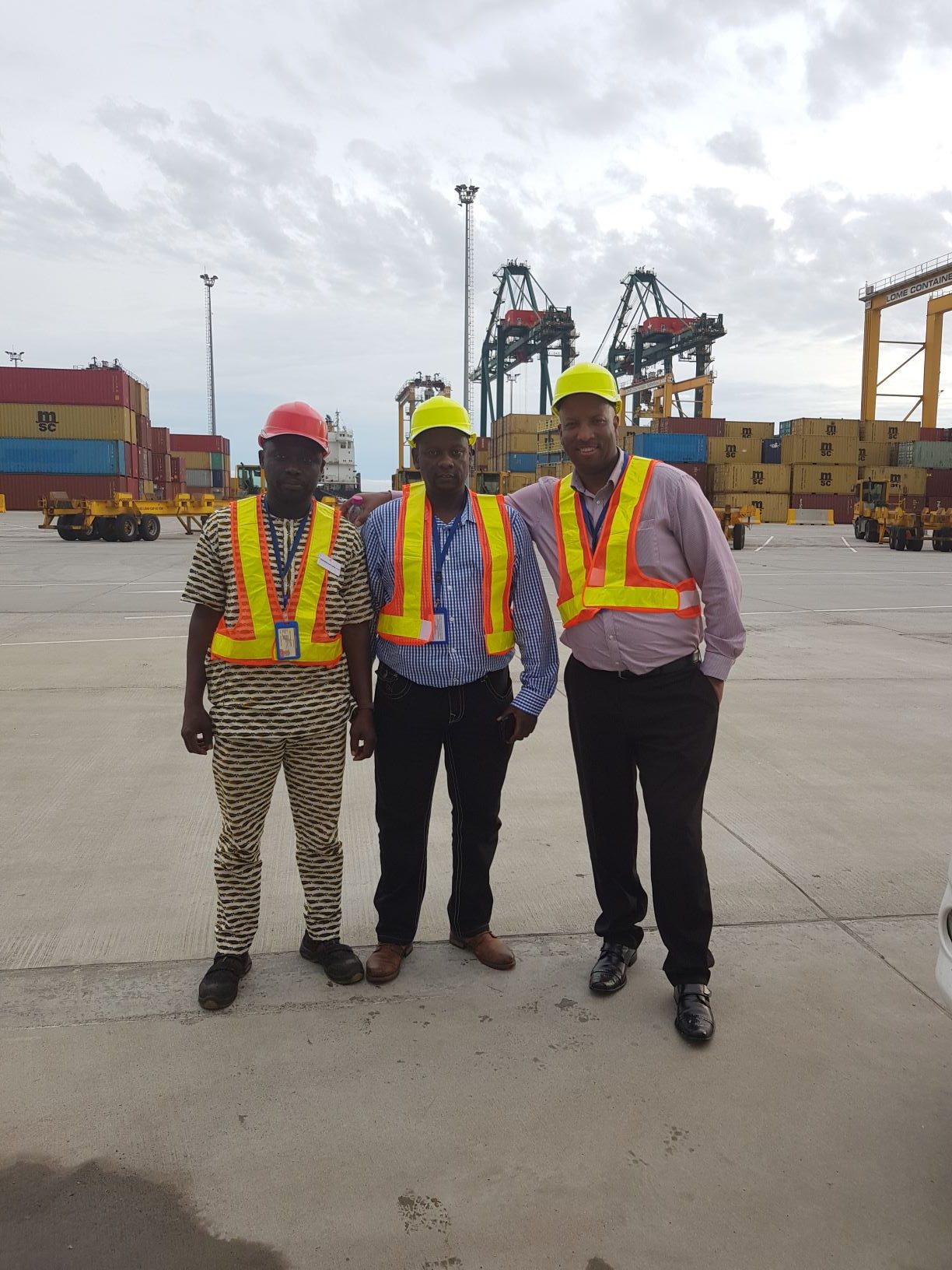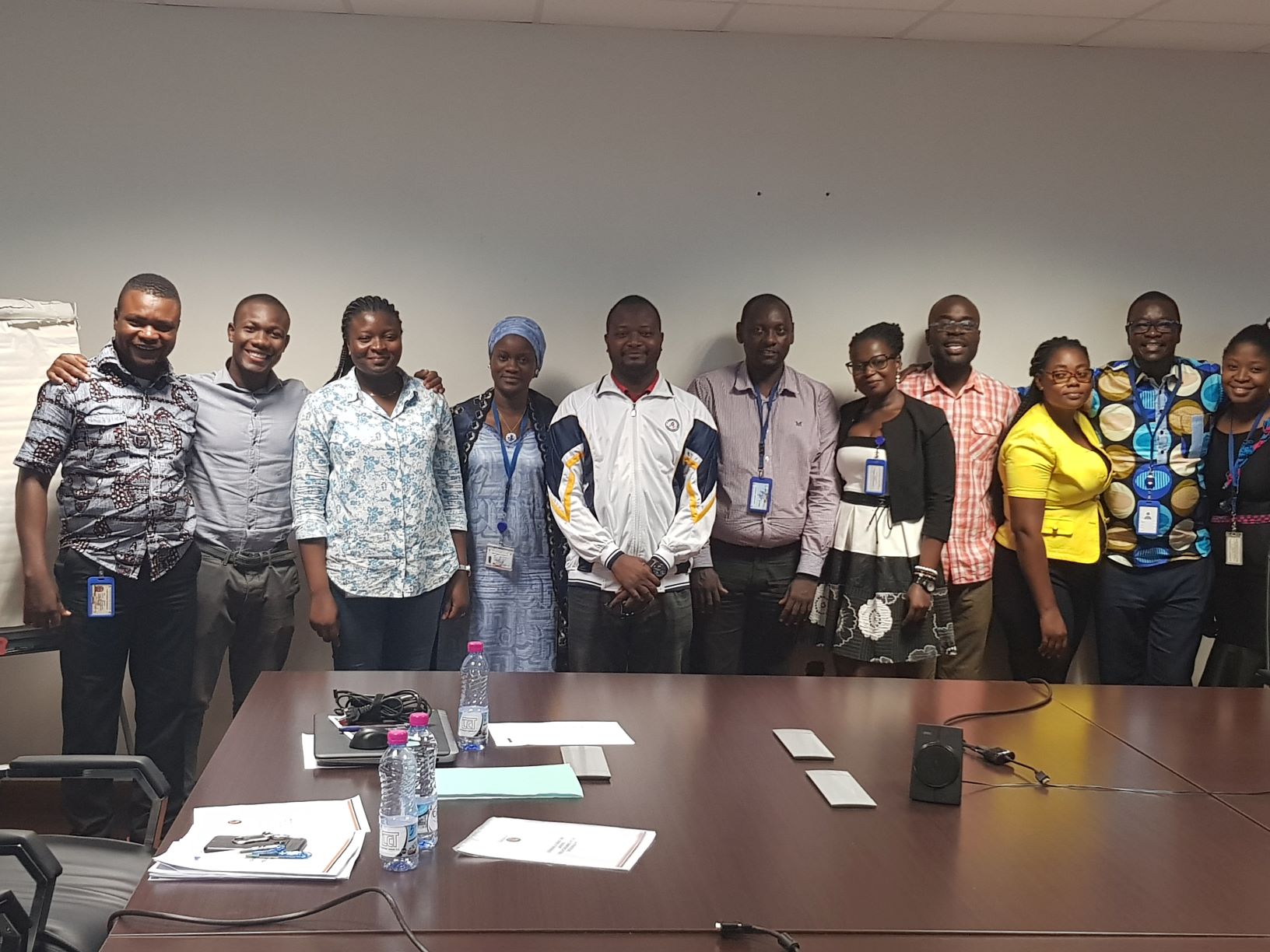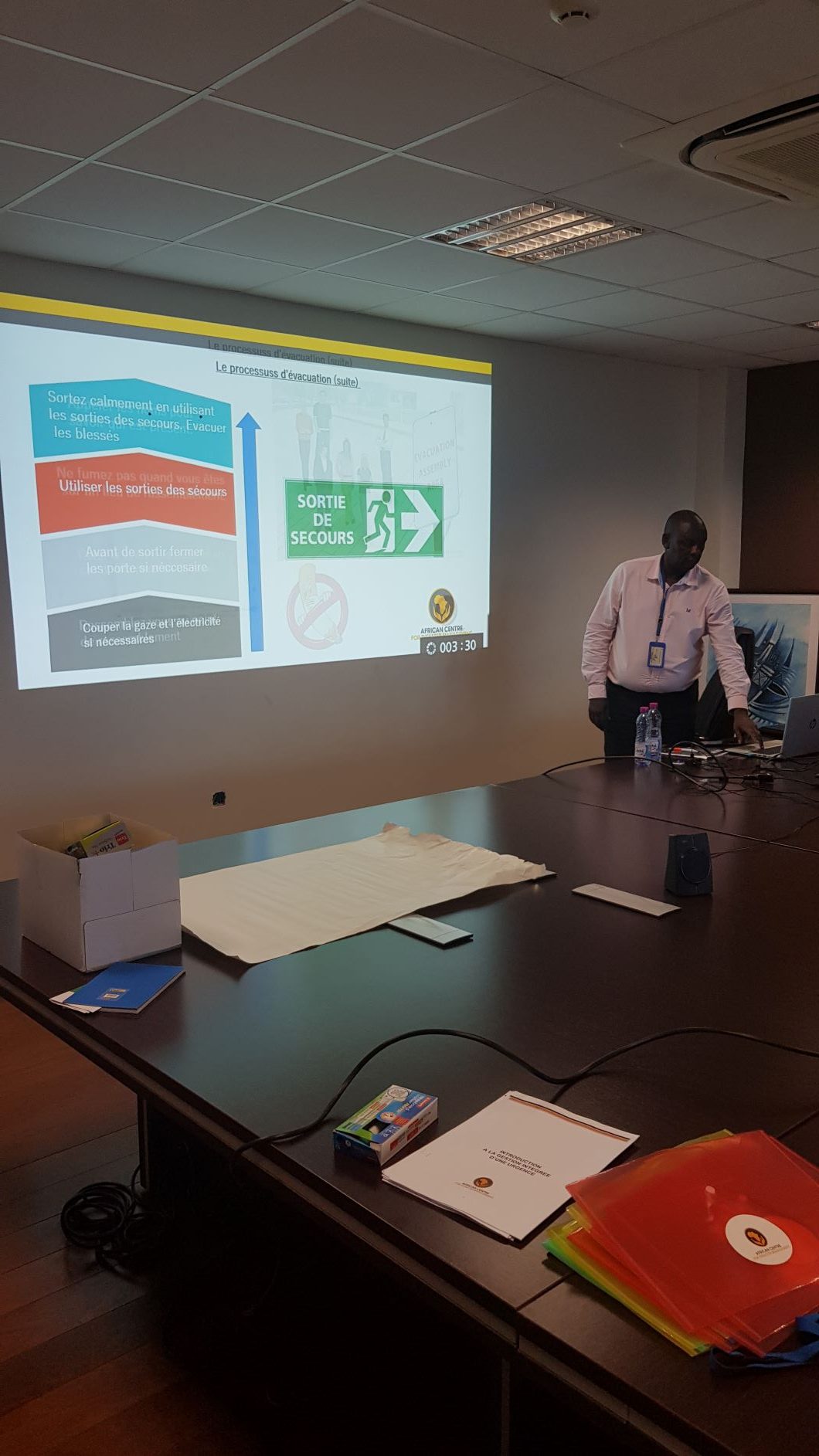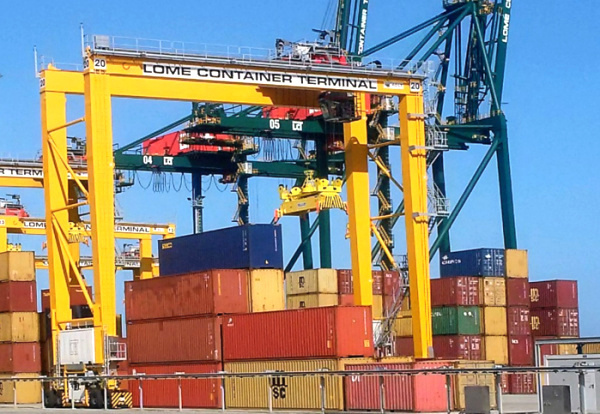In the month of September last year, our organization ACDM provided a capacity building training for a team of 50 participants in the field of management of major emergency incidents targeting ports or threatening to bring ports’ core operations to a standstill.
The training targeted the active players responsible or involved in the management, operation, control and development of ports, in the city of Lomé, Togo. Organized by the Lomé Container Terminal (LCT), the training was also attended by the LCT port’s close partners in as far as emergency incident handling is concerned. These mainly included the Lomé city local authorities, the city emergency prevention and management focal points as well as the local environment protection agencies.
The training sought to build capacity while addressing the key managerial, technical as well as highly specialized field issues pertaining to safe and healthy management of critical emergency incidents likely to jeopardize major ports core operations if a major disaster were to strike. The training spanned two weeks and included a post training evaluation and certificate awarding activities as well as advisory services aimed at specifically addressing the challenges involved in modular operationalization of the training acquired skills. 
What solutions and for which reasons?
Over the last several years, our organization, the African Centre for Disaster Management (ACDM), is involved in providing tailored designed solutions to tackle the challenges raised by the growing emergency crises across the world, raising a particular concern for the African Continent. In this regard, ACDM set out to design and implement technical and specialized training schemes adapted to cover most of the key management gaps organizations and institutions of the developing world are likely to encounter while struggling to control both the hazards as well as the consequences of high magnitude emergency disasters.
Today, growing voices point to the real dangers of the climate change and to the potential of its current unstoppable and portentous trends to severe Africa in a significantly durable manner. This was magnified with the last cyclone IDAI that claimed hundreds of lives and destroyed up to 80% of coastal homes of one Mozambique region, while hitting Malawi and Zimbabwe as well. Besides, due to poor infrastructure development and lack of sufficient skilled human capital, most of the African countries prove to be more exposed to the hazards of any emergency crisis, be it a natural disaster or as a result of decaying infrastructure. This makes the challenges of coping with emergency hazards even greater for poorer countries. The mission and objectives of ACDM fall in line with the urgent need to help African organizations and institutions possess the most up – to – date knowledge, skills and capacity as well as develop strategic linkages needed to cope with and manage both the hazards and disastrous effects raised by emergency situations.
Accordingly, in September last year, our organization trained 50 participants to be equipped with knowledge and skills to handle major emergency situations while making it possible for businesses to survive and thrive following a major emergency crisis. Among other things, such a training came as a timely and preventive strategic response against the risk posed to routine operations of ports, the LCT in particular.
As a matter of fact, the international shipping industry is responsible for the carriage of around 90% of world trade and ports play a critical role in the world logistics system and economy thereof. In addition, Arvis, Raballand, and Marteau (2010) demonstrated that more than half of the time needed to transport cargo from port to hinterland cities in landlocked countries in Sub – Saharan Africa is spent in ports. In other terms, ports alone represent a staggering amount of business costs at some time which may suffer the risk of being completely wiped out in times of a major incident.
Against this backdrop, the need to ensure high security standards for ports is more than a pressing necessity. Ports managers must ensure no emergency incident will grow enough to undermine any of its core business operations as this will incur a high level of unprecedented costs not only to the ports themselves but for the wider spectrum of interconnected business dependencies. 
ACDM training packages help prevent from business related emergency risks and to keep businesses afloat.
Our organization ACDM designs tailor – made training modules with an aim to address the stakes raised by the emergency situations as unanimously apprehended such in the summary above. In this framework, last year ACDM organized a two – week training for 50 staff and managers of the Lomé Container Terminal (LCT) and their close collaborators on the themes below. At the end of the training, it is expected that participants will gain valuable knowledge, skills and competence enabling them to play a key role in the planning and management of an emergency situation, regardless of its magnitude. More so, the training is intended to provide the required capacity to help businesses survive, thrive and resume their previous operational levels following an emergency incident. Our training package is modular and covers the following areas:
- Integrated Emergency Management _Planning and Preparedness.
- Logistics in emergency situations
- Evacuation in Emergency Planning.
- Business Continuity Management (BCM) (ISO 22301)
- Communication Strategy in Emergency Planning and Response.
- The International Maritime Dangerous Goods Code (IMDG).
- First Aid at Work.
- Simulation Exercise.

Follow – up to the September LCT Port training and certificates of performance.
Each emergency training requires a necessary evaluation exercise aimed at assessing how the trainees shall apply the acquired knowledge and skills in the real world. It is at the end of this evaluation activity that certificates of training are provided to the participants. As planned, the participants received their certificates following a successful evaluation of how they shall implement the learned skills and techniques if an emergency were to occur.
The Lomé training was a successful training enterprise our organization can be proud of thanks to the quality of trainers and experts mobilized, the active involvement of the participants in the workshop – seminars and the port’s field helping to showcase in real time the relevance of most of the concepts raised within the training package.
What next?
Due to unpredictable effects of the climate change looming ahead Africa may better learn to plan for the worse. Most in particular, one may fear the worse if the ports were severely affected by an emergency incident hampering essential business activities thus inflicting losses of unprecedented scale. In this framework, our organization is committed to working tirelessly to mobilize ports and organizations to invest accordingly in order to prevent from such a predicament.
Who is next?
Do not wait for the disaster to disrupt your activities… act now. For Port & Airport & Emergency Services in Africa; We are ready to help…. Please check our services by clicking on this link : https://africadisastermanagement.org/our-services/

